This video by the United Nations Human Development Report Office helps us understand multi-dimensional poverty along the lines of health, education and standard of living — all of which are crucial, indeed. (Click “read more” to see the video.)
For your church or agency’s purposes, we would perhaps humbly propose that there are two additional components: Bible poverty and Gospel poverty in general. Judging by the priority of eternity, Bible poverty and Gospel access poverty in general cannot and should not be tolerated. They are, taken together, the two greatest social injustices of our time. Agree or disagree? Please share your own thoughts in the comments below. (And thanks to Kelly and Michèle O’Donnell for tipping us off on the video from the U.N.)

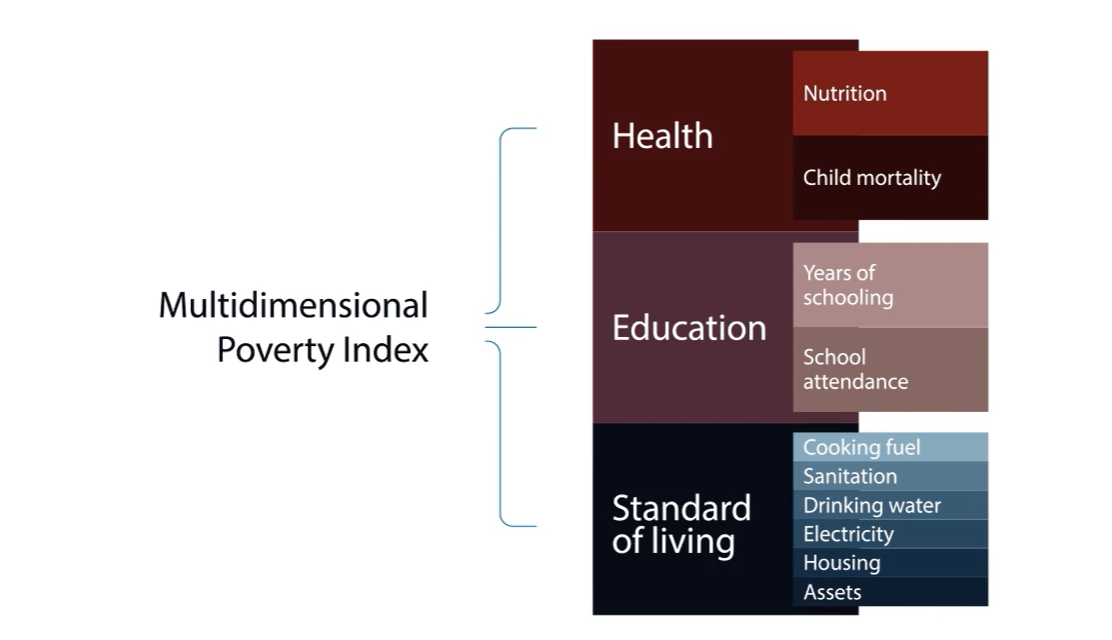

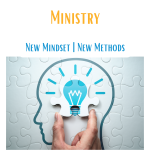
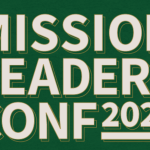


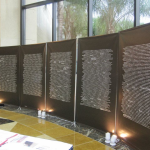
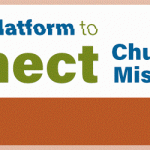



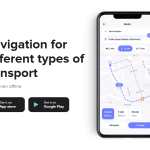
Thank you for this post and for challenging churches and agencies to consider their definition of poverty. As an organization working in extreme poverty environments for nearly 20 years, The 410 Bridge’s fundamental guiding principle is this… “We do not define poverty as a material problem. It is an issue of worldview.”
If you are defining “Bible poverty” as the lack of access to the written Word, and “Gospel Poverty” as those who have not heard the saving grace of Jesus, I would humbly add that many, many people struggling in extreme poverty have, in fact, heard the Good News and DO have access to a Bible but have a worldview that is counter to God’s design for their lives. The UN sees people as bodies without souls. Churches and agencies often see people as souls without bodies. They are both, and our interventions should be as much about shifting people’s worldview, from whatever it is today, to a Christian Biblical worldview. When that happens, we’ve seen that people can and will do more to solve their poverty problem without us, than with us.
Thanks again for your post!